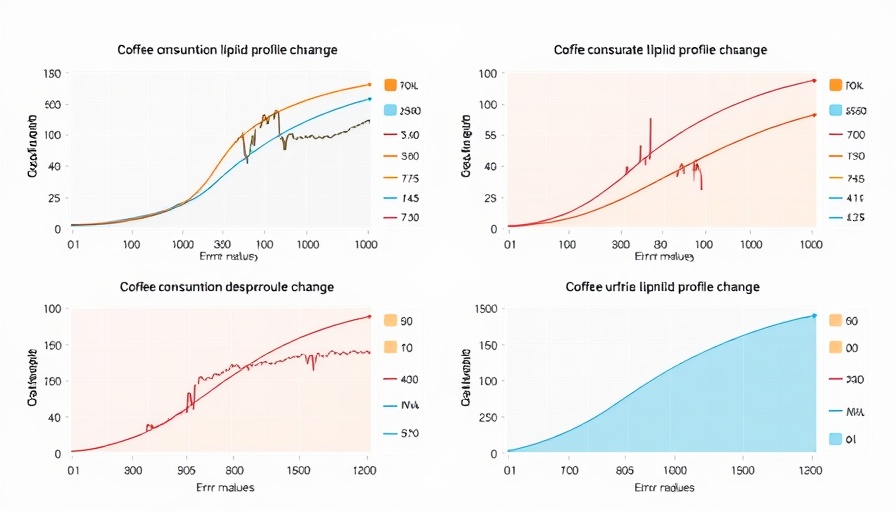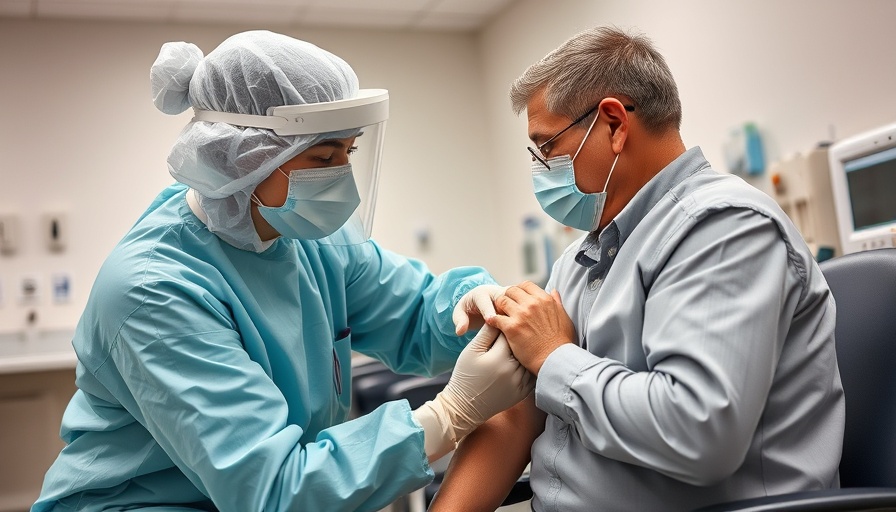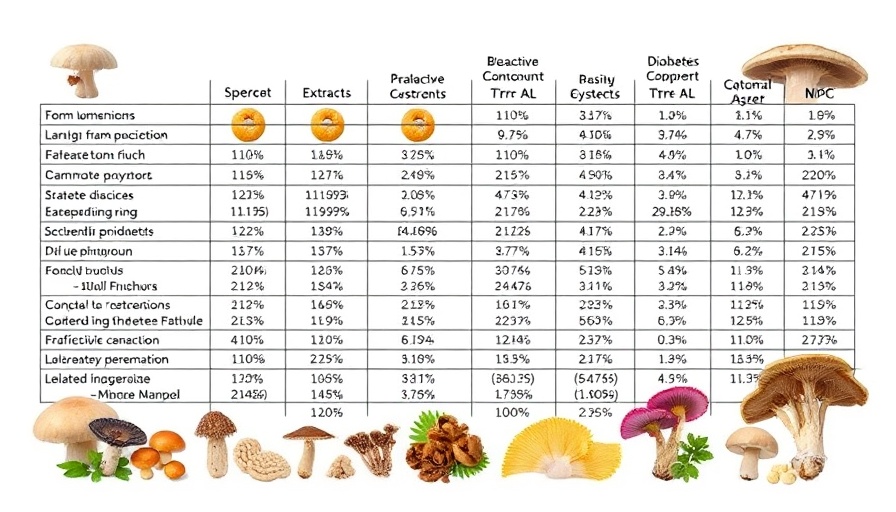
Understanding Coffee's Impact on Your Lipid Profile
Coffee is more than just a morning ritual; it plays a complex role in our health. As the consumption of coffee surges worldwide, with an estimated 2.25 billion cups consumed every day, its effects on cardiovascular health are becoming increasingly relevant. Recent findings from the National Health and Nutrition Examination Survey (NHANES) 2005–2020 reveal how daily coffee consumption can influence serum lipid profiles, specifically cholesterol levels, which are crucial markers of heart health.
The Study's Key Findings on Cholesterol Levels
The study highlights a fascinating relationship between coffee consumption and total cholesterol (TC) and low-density lipoprotein cholesterol (LDL-C). For every additional cup of coffee consumed daily, there is a reported increase of 1.23 mg/dl in TC and a 1.22 mg/dl increase in LDL-C. This trend becomes more pronounced among heavy coffee drinkers, those consuming three or more cups daily, where increases of 8.45 mg/dl in TC and 7.86 mg/dl in LDL-C were observed.
Gender-Specific Effects on HDL-C and Triglycerides
The findings also show that the effects of coffee are not uniform across genders. For women, HDL-C levels rise with intake up to 2.6 cups/day before decreasing, reflecting an inverted U-shaped association. Conversely, men exhibited a non-linear trend with triglycerides (TG), which peaked at about 3.0 cups/day before a downward shift. Such insights underscore the importance of personalized dietary advice based on gender and individual health profiles.
What This Means for Health-Conscious Individuals
For health enthusiasts aged 30–55, the implications of these findings are significant. The dual nature of coffee's effects on lipid profiles emphasizes the need for moderation. For those pursuing longevity and overall wellness, balancing coffee intake with other health-promoting habits is key. While coffee may elevate LDL-C and TC levels, its complex relationship with HDL-C and TG suggests that it can be part of a healthy lifestyle when approached thoughtfully.
Connecting Coffee Consumption with Longevity Nutraceuticals
Understanding the implications of coffee on cardiovascular health aligns with ongoing research into anti-aging and longevity. Supplements such as CoQ10, known for its role in cellular energy production, and Omega-3 fatty acids, associated with heart health, can complement a coffee-inclusive diet, potentially mitigating some negative lipid profile influences while enhancing overall vitality. Moreover, the addition of adaptogens can improve the body's response to stress, further supporting heart health.
Practical Tips for Coffee Drinkers
Awareness of your body’s response to coffee consumption can enhance your health strategy. Here are a few actionable steps:
- Monitor your intake: Consider your individual health profile and cardiovascular risk when determining how many cups to consume each day.
- Balance with Nutraceuticals: Incorporate longevity supplements like NAD+ and resveratrol into your daily routine to promote cellular rejuvenation and overall well-being.
- Listen to your body: Pay attention to how coffee affects you personally—if you notice adverse effects on your lipid levels, consider modifying your intake.
Conclusion: A Coffee-Infused Future Awaits
The interplay between coffee consumption and serum lipid profiles reveals a fascinating and complex relationship that warrants further examination. As research unfolds, it becomes evident that coffee can be both a friend and foe regarding cardiovascular health. However, with informed choices and a mindful approach to consumption, coffee has the potential to fit within a holistic strategy for improving vitality and longevity.
Stay engaged in your health journey by exploring nutritional supplements that support your goals. Integrated alongside your coffee consumption, these can contribute to a well-rounded approach to aging gracefully and healthily.
 Add Row
Add Row  Add
Add 




 Add Row
Add Row  Add
Add 


Write A Comment